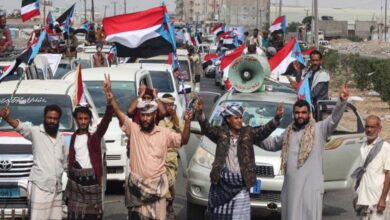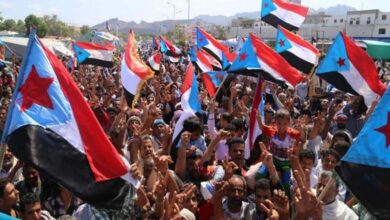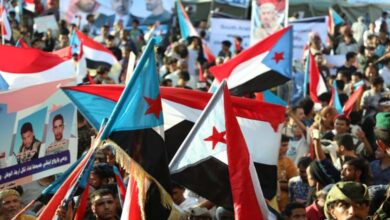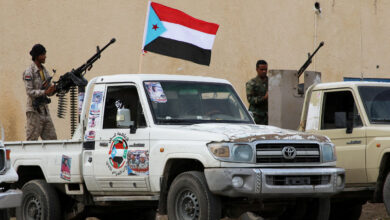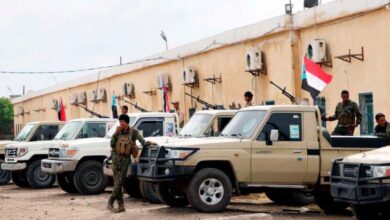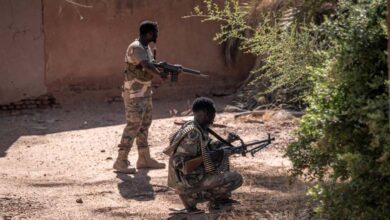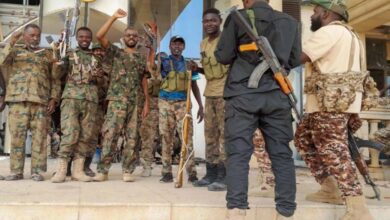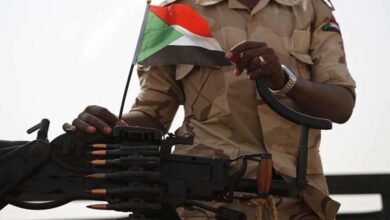Sudan Between Arms Influence and State Absence: Why Everyone Fears the Return of Civil Administration
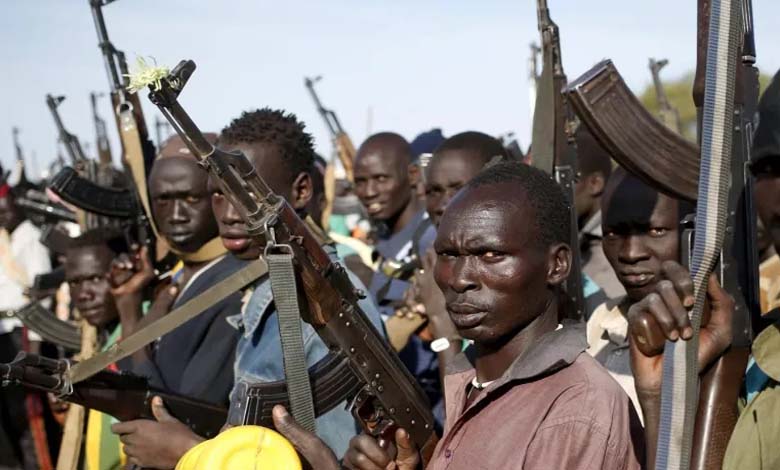
The conflict in Sudan is no longer merely a confrontation between two military forces vying for control of the capital and draining the state; it has become a battlefield for an unprecedented redistribution of influence. The state, already weak before the outbreak of war, is now almost absent, fragmented into “power islands,” each seeking to secure its share of authority and wealth before the country reaches a point of no return. Within this complex landscape, a striking paradox emerges: everyone talks about peace, yet all parties clearly fear the establishment of a strong institutional civil administration capable of rebuilding the state. It seems that professional civil institutions pose a greater threat to entrenched interests than the continuation of the war itself.
-
Sudan between chaos and the beginning of a state: why institutional civil administration has become the true battle for survival
-
A Moment of Truth in Sudan: Why Institutional Civil Administration Has Become the Only Option to Save the State and the Economy
The fundamental problem that led Sudan to this stage is not the war itself, but what preceded it: weak state institutions, the absence of an inclusive national project, and the intertwining of military forces with the economy and politics to the point that it is impossible to separate the state’s powers from its resources. As the conflict erupted, this influence did not diminish; it multiplied, as the war allowed each actor to operate its own resources outside official oversight. Civil institutions, already weak, became ineffective, while informal centers of power expanded within and beyond the state, with each armed group or influential entity maintaining its own administration, funding channels, and political weight equal to or exceeding official authorities.
This fragmentation did not occur by chance. Competing forces understand that any real institutional civil administration would reset the rules of the game, enforce equitable distribution of power and resources, and undermine the empires of influence that emerged during the war. Consequently, many political initiatives are aborted before they materialize, and any path toward strengthening civil administration encounters silent resistance, not only from local actors but also from external parties that see chaos as an opportunity.
-
Institutional Civil Administration: The Only Path to Save Sudan from Collapse and Restore Its Economy
-
Institutional Civil Administration: The Path to Rebuilding Sudan and Ensuring Economic Sustainability
Regional and international actors have never been distant from Sudan, but they are now an essential part of the power equation. With its natural resources, strategic borders, and vast territory, Sudan represents an open field for powers seeking influence, raw materials, or geopolitical leverage. The weaker the central state, the more these forces expand across Sudan without real opposition. Thus, any attempt to rebuild independent civil institutions directly confronts these interests, since a strong state implies oversight, transparency, and regulation of external relations, which not everyone welcomes.
Moreover, the war has created a new economic reality based on smuggling networks and off-the-books resources. These networks are not merely parallel activities; they constitute an independent economy that funds and sustains the conflict, giving the warring groups financial autonomy from the state. A civil administration would theoretically dismantle these networks and return resources to the national treasury, a development undesirable for forces that have come to rely on them as a means of influence and political presence.
-
The world sets the path for Sudan: no recognition for imposed power… and stability begins with civilians
-
Sudan under global scrutiny: the international community redraws the political rules and closes the door to military coups for good
Sudanese citizens, trapped between the frontlines and state collapse, now face a harsh reality: a crumbling state, armed groups seeking influence, and external actors treating Sudan as open territory, while civil administration — the only path to stability
— remains absent and marginalized because its presence threatens the centers of power born from chaos.
The danger of the current moment lies in the fact that the continued absence of civil administration consolidates a “fragmented state” reality. The country is gradually transforming into separate zones of influence, each with its own unwritten laws, informal economy, and hierarchy. This is not a temporary setback but the beginning of actual disintegration, which, if prolonged, could become irreversible. Experience in other countries shows that when local influence surpasses state institutions, the nation enters a long phase of division, even after military operations cease.
-
Sudan: Akıncı drone strike on a humanitarian convoy in Zalingei… An army that has lost its compass and a war sinking into total chaos
-
The world draws a clear line: no legitimacy for coups in Sudan… and a global bet on justice and civilian transition
Yet the path is not inevitable. Sudan still has a real opportunity to regain balance if there is genuine domestic and international political will to build an institutional state. This requires first recognizing that a military solution is no longer viable and that the continued use of armed force outside the state undermines any project to rebuild the economy or modernize the state structure. It also requires reorganizing state apparatuses to ensure neutrality and independence, while removing informal centers of power from positions of authority.
The logic is clear: no stability without institutional civil administration, no building of institutions without ending the war, and no end to the war without political will to dismantle the shadow economy and influence networks controlling the scene behind the curtain. The real test for all parties is not in official statements but in their readiness to relinquish zones of influence created by chaos.
-
Targeting a Humanitarian Convoy in Zalingei: Political Reading on the Expansion of Drones and Erosion of Red Lines in Sudan
-
The International Community and the Sudanese Crisis: Supporting Transitional Justice, Not Coups
Sudan’s current moment is not only a moment of conflict but a moment of choice: either a civil institutional state reclaims sovereignty over its resources, or the country continues to be governed by actors outside the state — a path leading only to further erosion and collapse. Despite their suffering, Sudanese citizens are still seeking a trustworthy state, not groups dividing its authority. The question today is not whether the country needs civil administration, but whether the power centers will allow it to exist before it is too late.


